Home>Garden Essentials>What Temperature Does Corn Germinate
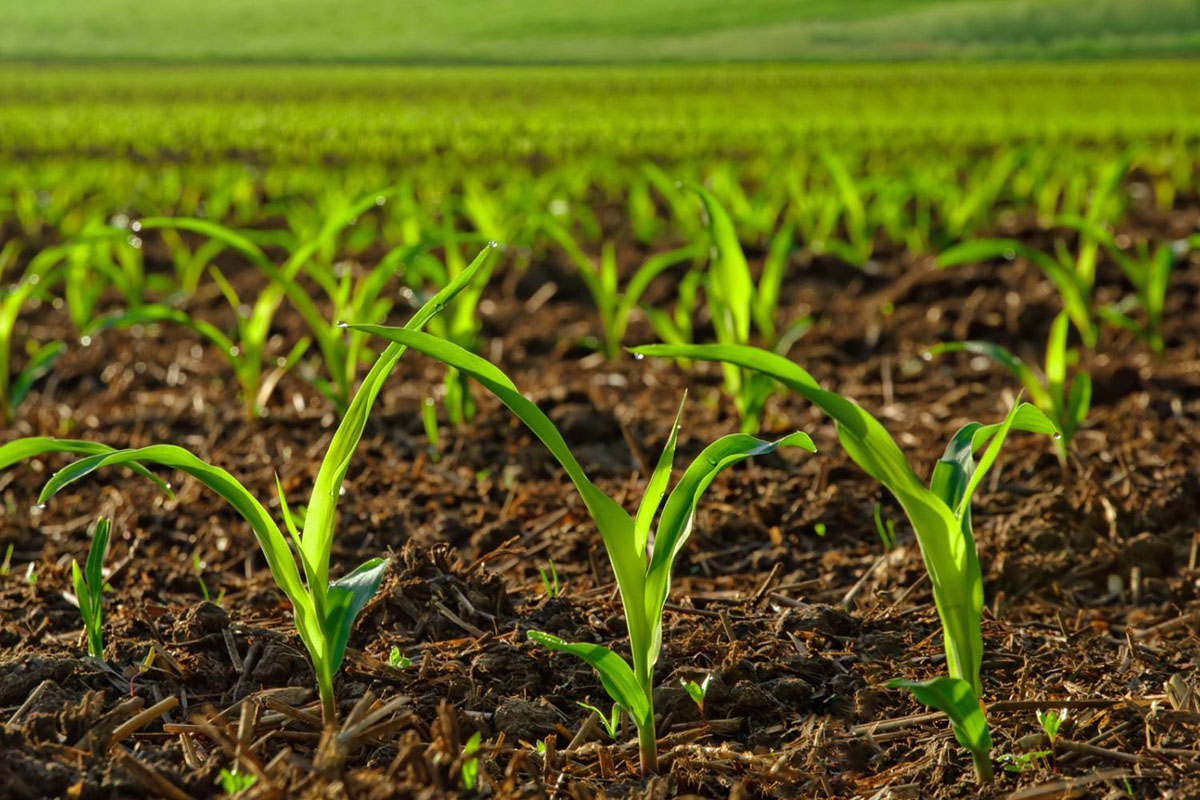

Garden Essentials
What Temperature Does Corn Germinate
Modified: March 16, 2024
Learn about the ideal garden temperature for corn germination and ensure a successful harvest. Find out the best conditions for planting corn seeds in your garden.
(Many of the links in this article redirect to a specific reviewed product. Your purchase of these products through affiliate links helps to generate commission for Storables.com, at no extra cost. Learn more)
Introduction
Welcome to our comprehensive guide on corn germination temperatures. If you’re a gardening enthusiast or farmer looking to grow corn, understanding the optimal temperature conditions for germination is crucial for the success of your crop.
Corn, scientifically known as Zea mays, is a staple crop in many parts of the world and is known for its delicious taste and versatile uses. Whether you’re planting sweet corn for your backyard garden or field corn for agricultural purposes, knowing the right germination temperature is essential for ensuring strong and healthy seedlings.
In this article, we will explore the factors affecting corn germination, the optimal temperature for germination, the effects of temperature on corn germination, and tips for successful germination at different temperatures. So, let’s dive in and discover the secrets to successful corn germination!
Key Takeaways:
- Corn seeds germinate best in temperatures between 50°F and 86°F, ensuring efficient enzyme activity and healthy seedling emergence. Extreme temperatures can hinder germination and affect seedling vigor.
- Different corn varieties have specific temperature preferences, so it’s important to follow planting guidelines for optimal germination. Providing the right temperature conditions is crucial for successful corn crop growth.
Read more: What Temperature Do Sweet Corn Germinate In
Factors Affecting Corn Germination
Corn germination is influenced by various factors, some of which are within our control as gardeners and farmers. Understanding these factors is essential for creating the ideal conditions for successful germination. Let’s take a look at some of the key factors:
- Temperature: Temperature plays a crucial role in corn germination. Corn seeds require a specific temperature range to activate enzymes that break down stored starch into sugars, allowing the embryo to grow. Extreme temperatures, whether too hot or too cold, can inhibit germination and affect seedling vigor.
- Soil Moisture: Adequate moisture is vital for corn seeds to germinate. The soil should be consistently moist but not waterlogged, as excessive moisture can cause the seeds to rot. Ensuring proper irrigation techniques or timely rainfall can help maintain optimal soil moisture for successful germination.
- Seed Depth: The depth at which corn seeds are planted can impact germination. Planting seeds too deep can result in delayed emergence, while shallow planting may expose the seeds to drying out. A general guideline is to plant corn seeds at a depth of around 1-2 inches, depending on soil conditions.
- Seed Quality: The quality of the corn seeds is crucial for germination success. High-quality seeds from reputable sources have a higher germination rate and are less likely to be affected by diseases or pests. It is advisable to purchase certified seeds to ensure better germination and healthier seedlings.
- Seed Treatments: Some corn seeds are treated with fungicides or insecticides to protect them from soil-borne diseases and pests. These treatments can improve germination rates and increase seedling vigor. However, it is important to follow the manufacturer’s instructions and handle treated seeds with care.
By understanding and managing these factors, gardeners and farmers can optimize the conditions for corn germination, resulting in healthy seedlings and a successful crop. Now that we know the factors influencing germination, let’s move on to the optimal temperature range for corn germination.
Optimal Germination Temperature for Corn
The optimal temperature range for corn germination is influenced by various factors, including the corn variety, soil conditions, and environmental factors. However, as a general guideline, corn seeds germinate best when exposed to temperatures between 50°F (10°C) and 86°F (30°C).
Within this temperature range, corn seeds experience optimal enzyme activity, leading to efficient breakdown of stored starch and successful germination. The warmer end of the range promotes faster germination, while the cooler end ensures steady and uniform seedling emergence.
It is important to note that corn seeds can germinate at temperatures outside this optimal range, but the germination process may be slower and less successful. Seeds planted in temperatures below 50°F (10°C) may experience delayed germination, prolonged emergence, and reduced vigor.
On the other hand, temperatures above 86°F (30°C) can inhibit germination and increase the risk of seed damage due to heat stress. High temperatures can also lead to increased evaporation, resulting in moisture loss from the soil and potential seed desiccation.
Therefore, maintaining the optimal temperature range during the germination period is essential for maximizing the chances of successful corn seedling emergence.
It is worth noting that different corn varieties may have slightly different temperature preferences for germination. Some varieties, such as sweet corn or popcorn, may have slightly narrower temperature ranges for optimal germination. Therefore, it is advisable to refer to the specific variety’s planting guidelines or consult with your local agricultural extension for precise temperature recommendations.
Now that we understand the optimal temperature range for corn germination, let’s delve into the effects of temperature on corn germination and how different temperature ranges impact the germination process.
Effects of Temperature on Corn Germination
The temperature at which corn seeds are exposed during germination has a significant impact on the overall germination process. Let’s explore the effects of temperature on corn germination:
- Optimal Germination: As mentioned earlier, the optimal temperature range for corn germination is between 50°F (10°C) and 86°F (30°C). Within this range, corn seeds have the highest germination rates and undergo efficient enzymatic activity, leading to successful seedling emergence.
- Delayed Germination: Temperatures below the lower end of the optimal range can result in delayed germination. Cold temperatures slow down enzymatic activity, causing a slower breakdown of starch into sugars. This delay in metabolic activity can prolong the time it takes for seeds to germinate and emerge.
- Uneven Emergence: Inconsistent temperatures can lead to uneven emergence of corn seedlings. If the soil temperature varies significantly across the planting area, some seeds may germinate faster than others, resulting in uneven growth. This can create challenges in crop management and yield potential.
- Poor Germination: Extreme temperatures, either too hot or too cold, can result in poor germination rates. High temperatures above 86°F (30°C) can inhibit seed germination, while temperatures below 50°F (10°C) may cause seed dormancy or lead to failed germination altogether.
- Vigor and Seedling Health: Temperature stress during germination can affect the vigor and health of corn seedlings. Seeds germinated under favorable temperatures are more likely to produce strong, healthy seedlings with vigorous root and shoot development. On the other hand, adverse temperature conditions can lead to weak seedlings and reduced crop productivity.
Understanding the effects of temperature on corn germination can help gardeners and farmers make informed decisions regarding planting times and temperature management. By providing the optimal temperature conditions for germination, you can ensure a higher success rate and healthier seedlings, ultimately leading to a productive corn crop.
Now that we’ve explored the effects of temperature on corn germination, let’s discuss the recommended germination temperature range for corn and how it may vary among different corn varieties.
Corn germinates best at soil temperatures between 60-95°F. To ensure successful germination, plant corn when the soil temperature is consistently within this range.
Germination Temperature Range for Corn
The germination temperature range for corn refers to the range of temperatures at which corn seeds can successfully germinate and emerge as healthy seedlings. While the optimal temperature range for corn germination is between 50°F (10°C) and 86°F (30°C), corn seeds can germinate at temperatures outside this range, albeit with varying success rates and germination times.
Here is a breakdown of the different temperature ranges and their impact on corn germination:
- Cool Temperature Range: Corn seeds can germinate at temperatures as low as 50°F (10°C), but the process may take longer compared to optimal temperatures. Germination rates may also be lower, resulting in less uniform emergence. However, cool temperatures can be beneficial to promote slow and steady growth, which can lead to stronger and more resilient seedlings.
- Optimal Temperature Range: As mentioned earlier, the optimal temperature range for corn germination is between 50°F (10°C) and 86°F (30°C). Within this range, the germination process is optimized, resulting in higher germination rates, uniform emergence, and healthy seedling development.
- Warm Temperature Range: Corn seeds can germinate in temperatures above 86°F (30°C), but germination rates may decrease, and the risk of seedling damage due to heat stress increases. High temperatures can also lead to increased moisture loss from the soil and seed desiccation. Therefore, it’s best to avoid exposing corn seeds to excessively high temperatures during germination.
- Extended Temperature Range: Corn has the ability to tolerate a broader range of temperatures, and germination can occur anywhere between 40°F (4°C) and 95°F (35°C). However, extreme temperatures at the lower or higher end of this range can result in reduced germination rates, delayed emergence, and weaker seedling development. It is best to aim for temperatures within the optimal range for optimal results.
It is worth noting that specific corn varieties may have slightly different temperature preferences for germination. Factors such as genetic traits, local climate conditions, and the availability of suitable moisture levels can influence the temperature adaptability of different corn varieties.
For the best results, it is recommended to follow the specific germination temperature guidelines provided by the seed supplier or local agricultural extension. Consulting these resources can help you understand the specific requirements of your chosen corn variety and optimize the germination conditions accordingly.
Now that we know the germination temperature range for corn, let’s discuss the temperature requirements of different corn varieties and how they may vary.
Read more: What Temperature Does Crabgrass Germinate
Germination Temperature Requirements of Different Corn Varieties
Corn seeds come in various varieties, each with its own unique characteristics, including germination temperature requirements. While the optimal germination temperature range for most corn varieties falls between 50°F (10°C) and 86°F (30°C), there may be some variations among different varieties. Let’s explore the temperature requirements of different corn varieties:
- Sweet Corn: Sweet corn varieties, known for their tender and delicious kernels, generally have temperature requirements similar to other corn varieties. However, some cultivars of sweet corn may have a narrower temperature preference within the optimal range. It is essential to refer to the specific variety’s planting guidelines or consult your seed supplier for precise temperature recommendations.
- Field Corn: Field corn, often grown for animal feed, silage, or industrial purposes, is relatively tolerant of a wide range of temperatures. Most field corn varieties have similar germination temperature requirements as other corn types, falling within the optimal range of 50°F (10°C) to 86°F (30°C).
- Popcorn: Popcorn varieties, favored for their unique popping characteristics, may have specific temperature preferences for optimal germination. Some popcorn cultivars may require slightly higher temperatures within the optimal range to ensure successful germination. Again, it is advisable to refer to the specific variety’s planting guidelines or consult your seed supplier for accurate temperature recommendations.
- Dent Corn: Dent corn, commonly used for dry cornmeal or livestock feed, typically has temperature requirements similar to other corn varieties. These corn varieties thrive within the optimal germination temperature range of 50°F (10°C) to 86°F (30°C).
- Flint Corn: Flint corn, known for its hard kernels and diverse colors, generally has similar temperature requirements as other corn varieties. These varieties also prefer temperatures within the optimal germination range of 50°F (10°C) to 86°F (30°C).
It is crucial to understand that while specific corn varieties may have slight temperature preferences, they are still part of the broad range of temperatures suitable for corn germination. Therefore, it is generally safe to adhere to the optimal temperature range of 50°F (10°C) to 86°F (30°C) for most corn varieties.
Consulting seed suppliers, agricultural extension offices, or experienced farmers in your region can provide valuable insights into the temperature requirements of specific corn varieties that are well-suited for your local climate and growing conditions.
Now that we’ve explored the germination temperature requirements of different corn varieties, let’s move on to some tips for successful germination at different temperature ranges.
Tips for Successful Germination at Different Temperatures
Corn germination success relies heavily on providing the ideal temperature conditions for the seeds to sprout and develop into healthy seedlings. Here are some tips to ensure successful germination at different temperature ranges:
- Cool Temperature Germination:
- Start seeds indoors: For areas with cooler climates or during early spring, start corn seeds indoors in seed trays or pots. This allows you to control the temperature and create optimal conditions for germination before transplanting them outdoors.
- Use a heating mat: Place your seed trays on a seedling heating mat to provide gentle bottom heat, maintaining the soil temperature around the seeds within the desired range.
- Protect from frost: If there’s a risk of frost, protect young seedlings by covering them with frost blankets or row covers.
- Optimal Temperature Germination:
- Direct sow: Plant corn seeds directly in the garden after the soil temperature has reached the optimal range. Ensure proper spacing and seed depth, following the specific recommendations for your corn variety.
- Water consistently: Keep the soil consistently moist but not waterlogged to provide adequate moisture for germination. Monitor soil moisture levels regularly and adjust watering accordingly.
- Mulch: Apply a layer of organic mulch, such as straw or wood chips, around the seedlings to help conserve soil moisture and regulate soil temperature.
- Warm Temperature Germination:
- Provide shade: If temperatures are consistently high, protect germinating seeds from excessive heat by providing temporary shade using shade cloth or planting them in areas that receive partial shade during the hottest part of the day.
- Water deeply: Increase watering frequency to ensure that the soil remains adequately moist. Water deeply to encourage root growth and prevent fast evaporation.
- Avoid overwatering: While it’s important to provide ample moisture, avoid overwatering, as this can lead to waterlogging and root rot.
- Extended Temperature Germination:
- Monitor soil moisture levels: Regularly check the soil moisture levels to ensure it remains within the optimal range for germination. Adjust watering as needed to prevent both under and over watering.
- Utilize shade structures: Erect shade structures, such as shade cloth or temporary covers, to shield the seedlings from excessive heat or unexpected temperature fluctuations.
- Monitor weather forecasts: Stay informed about weather patterns and anticipate extreme temperature swings. Take preventive measures, such as adjusting watering schedules or providing temporary shade, to protect the germinating seeds.
Remember, each corn variety may have specific requirements, so it’s important to refer to the planting guidelines provided by the seed supplier or consult with local agricultural experts for tailored advice.
By following these tips and providing the appropriate care, you can ensure successful corn germination across different temperature ranges and set the stage for a bountiful harvest.
Now that we’ve covered tips for successful germination at different temperatures, let’s wrap up our article.
Conclusion
Understanding the optimal germination temperature for corn is crucial for gardeners and farmers looking to cultivate healthy and productive corn crops. Throughout this article, we explored the factors affecting corn germination, the optimal germination temperature range, the effects of temperature on germination, the germination temperature requirements of different corn varieties, and tips for successful germination at different temperature ranges.
Temperature plays a pivotal role in corn germination, with the ideal range falling between 50°F (10°C) and 86°F (30°C). Within this range, corn seeds experience optimal enzyme activity, leading to efficient starch breakdown and successful seedling emergence. Outside this range, germination rates may decrease, and the overall health and vigor of the seedlings may be compromised.
While most corn varieties have similar germination temperature requirements, it’s important to consider the specific preferences of each variety. Sweet corn, field corn, popcorn, dent corn, and flint corn may have slight variations in their temperature preferences, so it’s beneficial to consult the planting guidelines provided by seed suppliers or consult with local agricultural experts for precise recommendations.
Successful corn germination at different temperature ranges can be achieved through various strategies, such as starting seeds indoors for cooler temperatures, providing shade and monitoring soil moisture for warmer temperatures, and careful attention to irrigation and weather patterns for extended temperature ranges.
As you embark on your journey of growing corn, remember to consider other factors that influence germination, such as soil moisture, seed depth, seed quality, and seed treatments. Implementing proper techniques and management practices will contribute to the overall success of your corn crop.
By understanding and optimizing the germination temperature for corn, you’re setting the stage for strong and healthy seedlings, which ultimately leads to a productive harvest. So, whether you’re growing corn for personal consumption or on a larger scale, create the ideal germination conditions, and enjoy the bountiful rewards of your efforts!
Happy gardening and successful corn germination!
Frequently Asked Questions about What Temperature Does Corn Germinate
Was this page helpful?
At Storables.com, we guarantee accurate and reliable information. Our content, validated by Expert Board Contributors, is crafted following stringent Editorial Policies. We're committed to providing you with well-researched, expert-backed insights for all your informational needs.
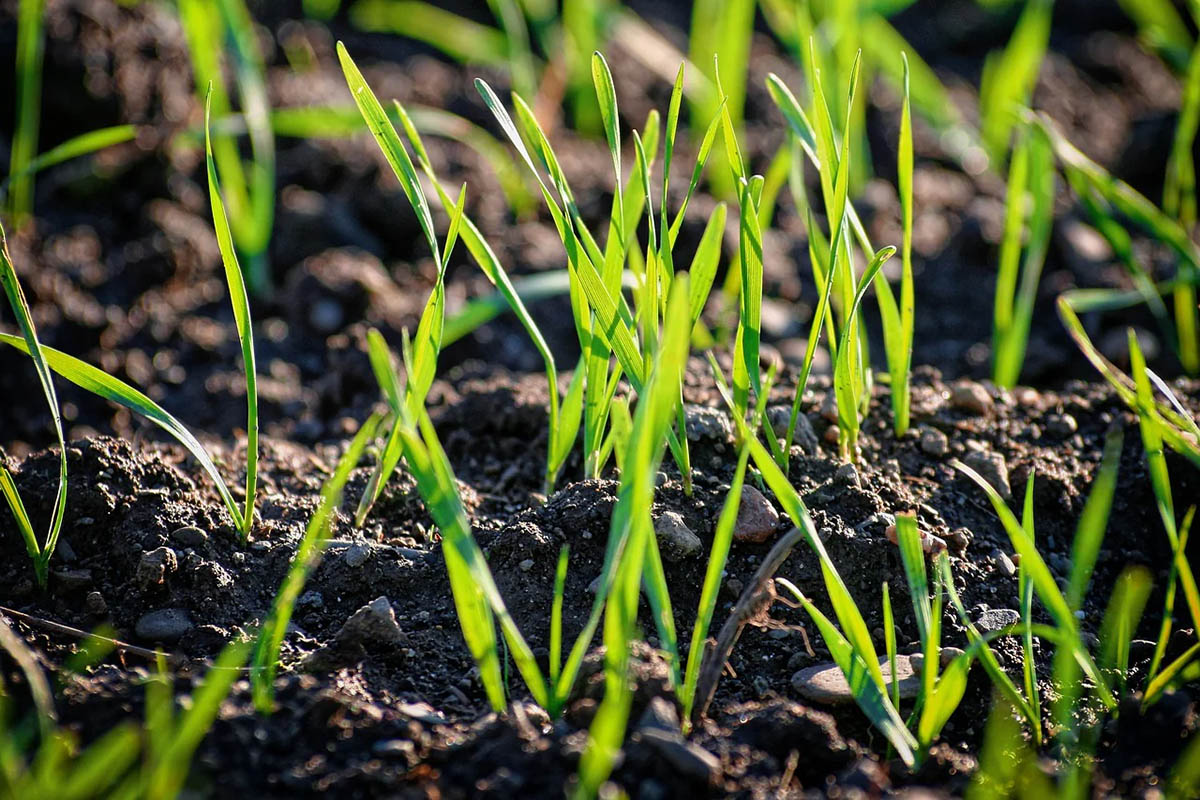
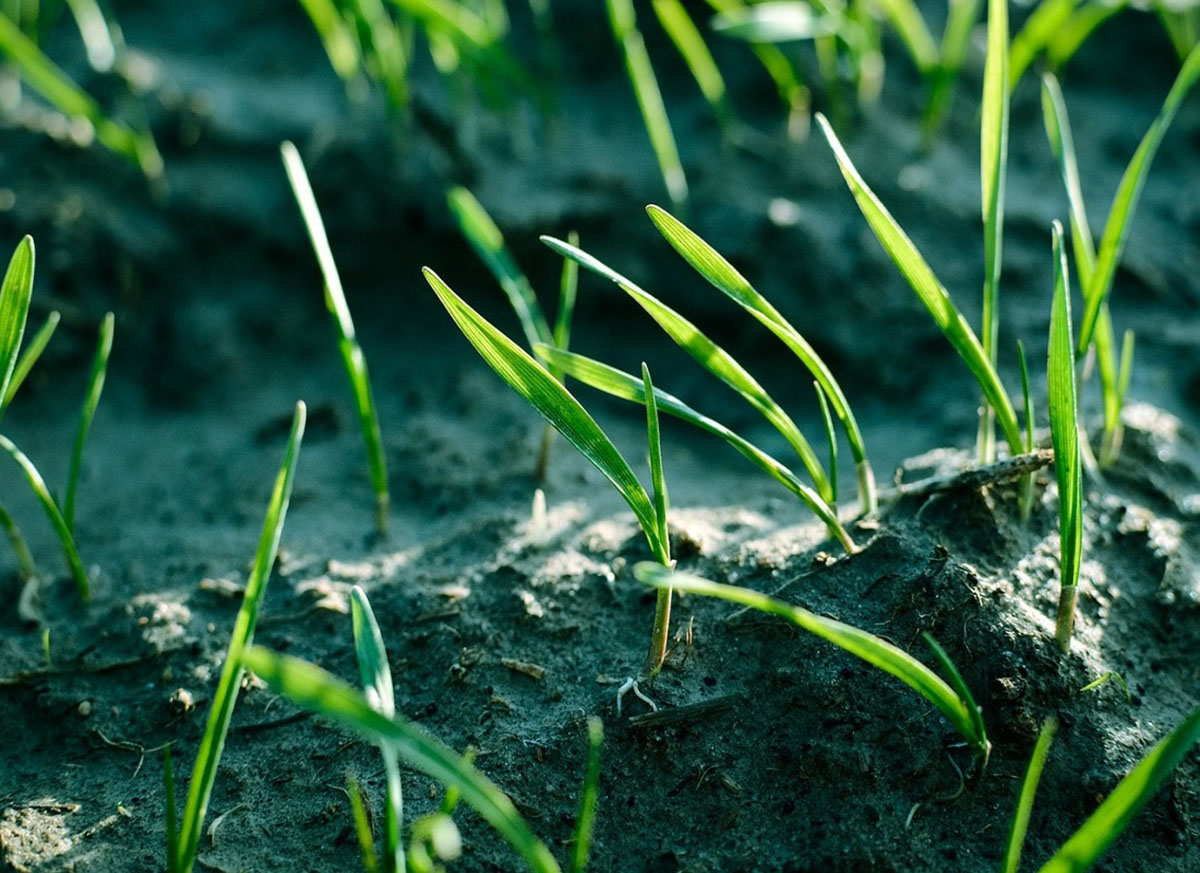
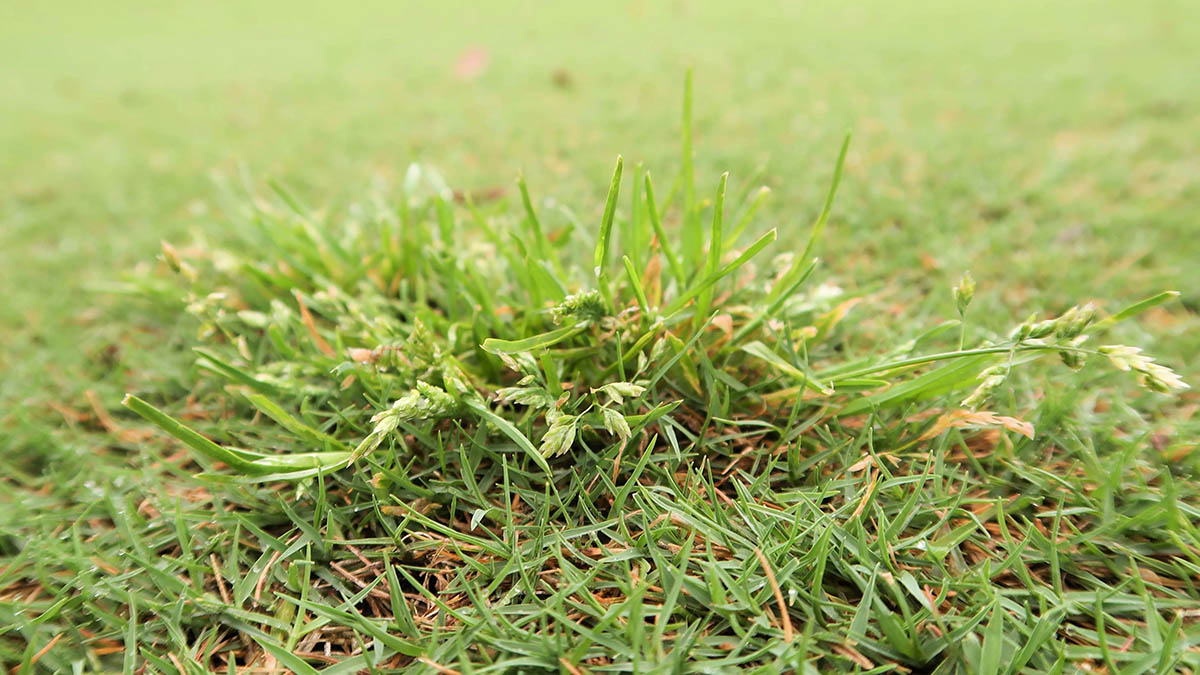
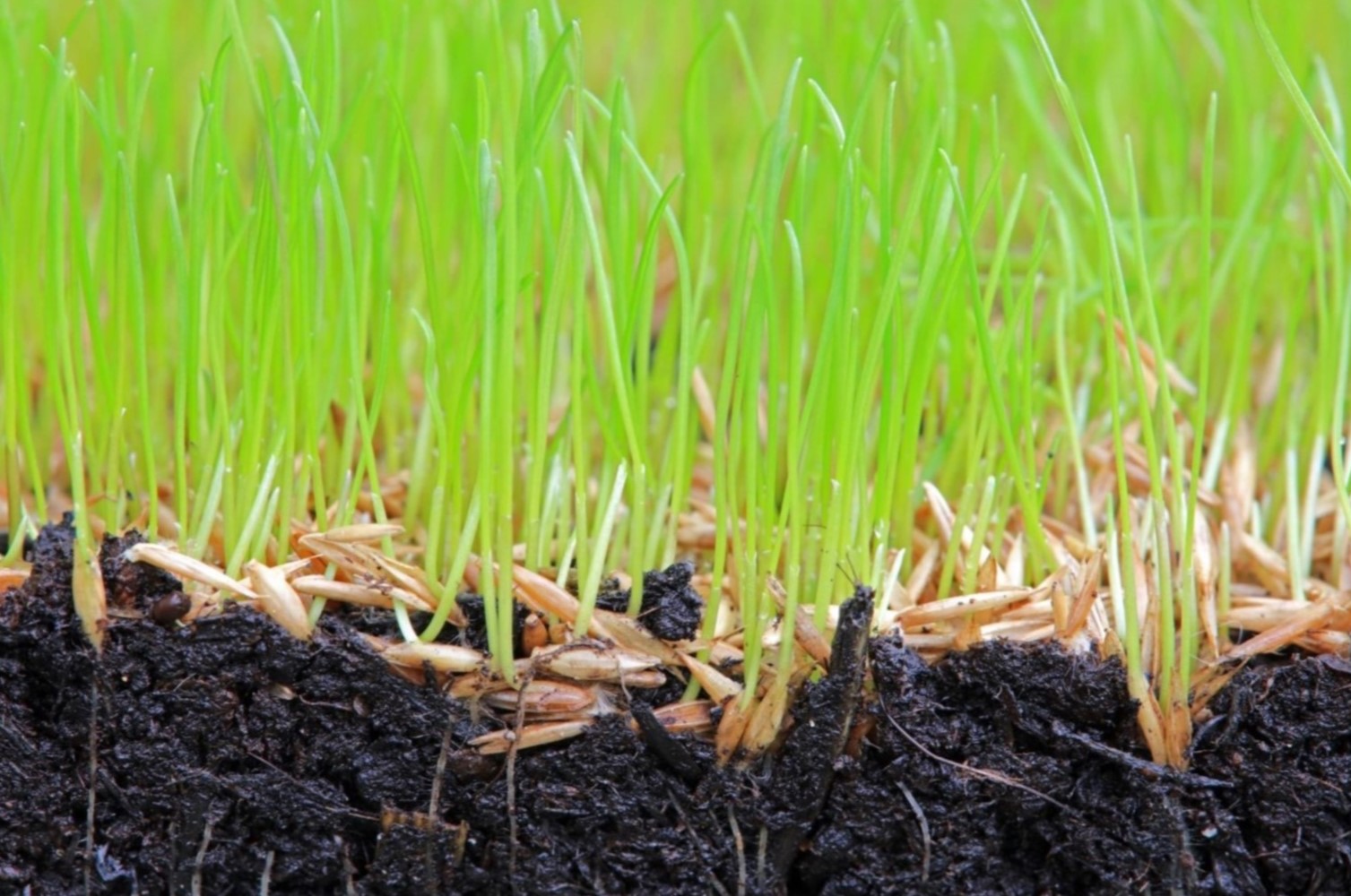
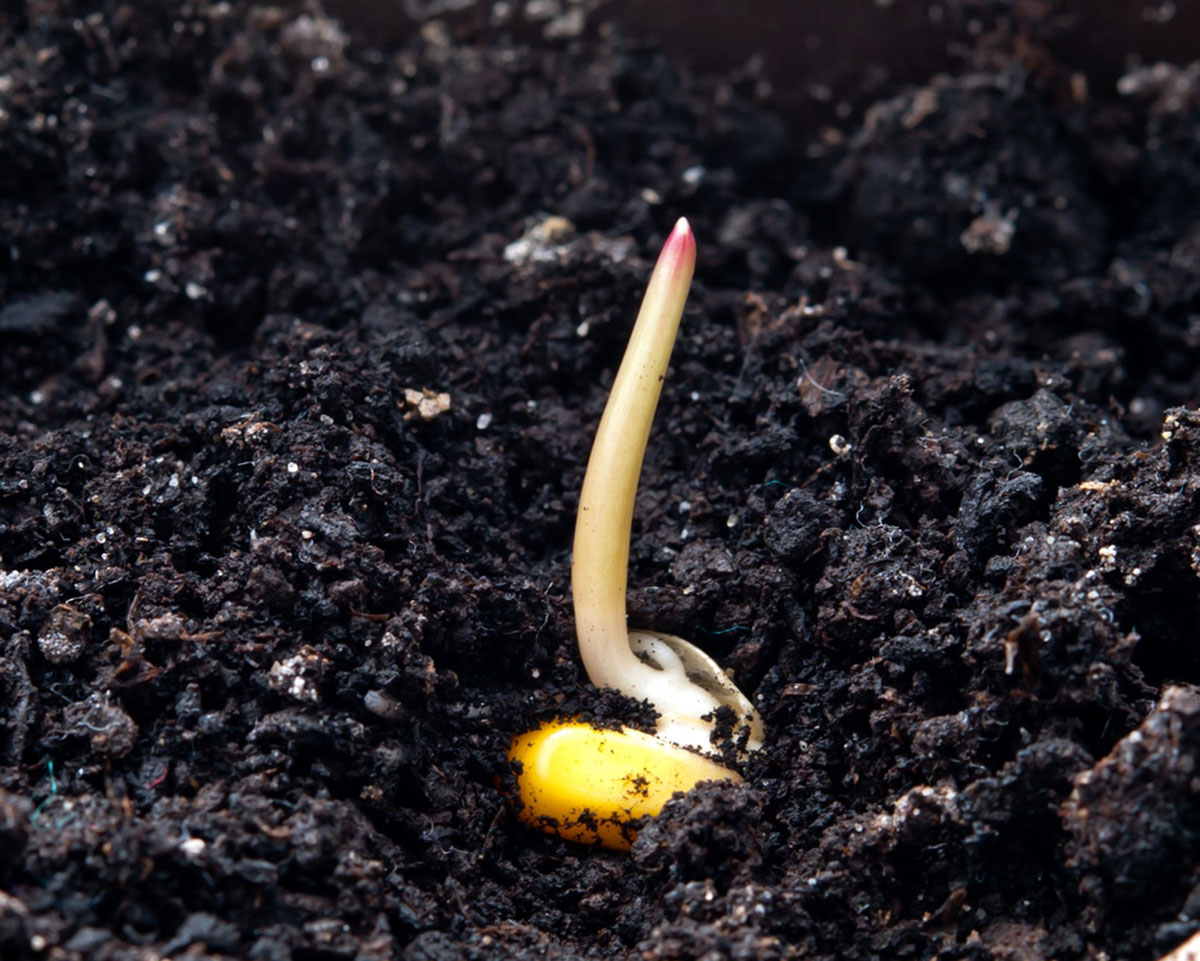
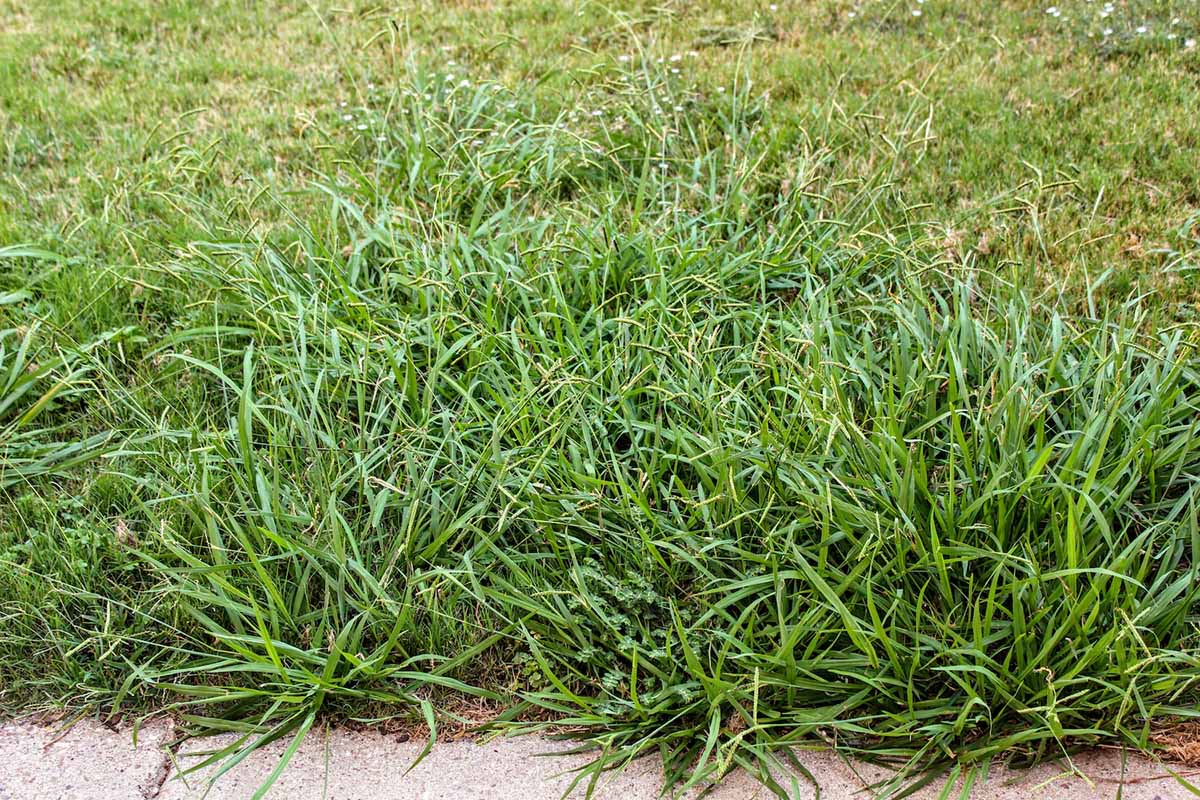
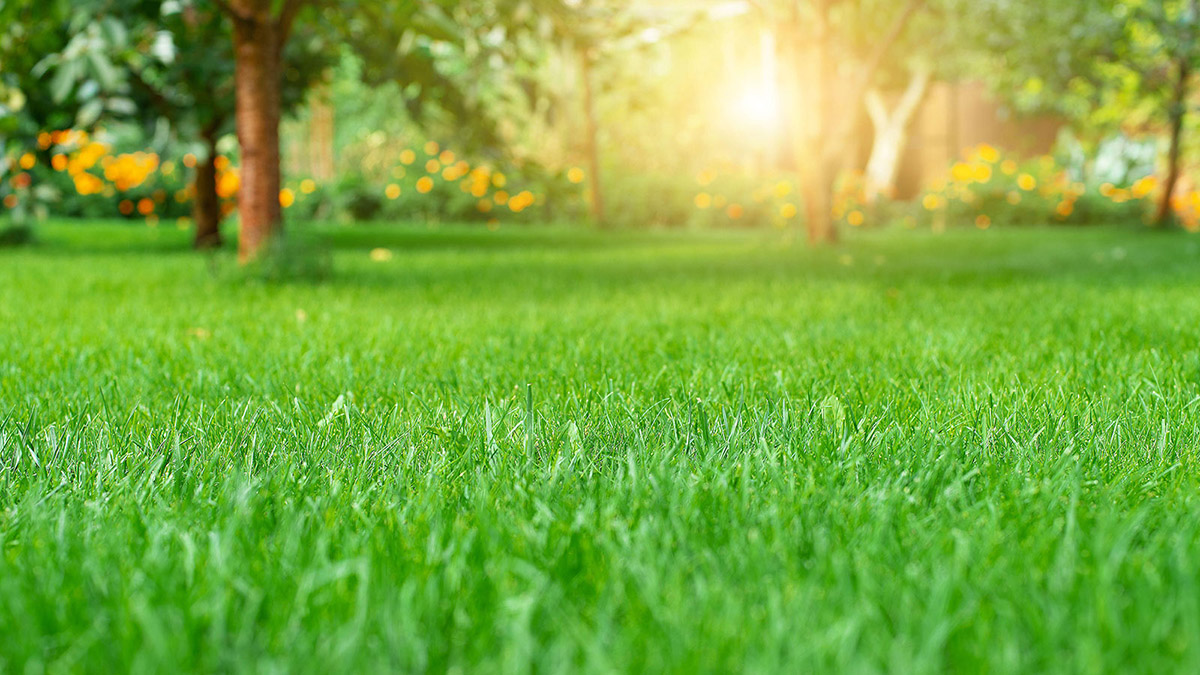
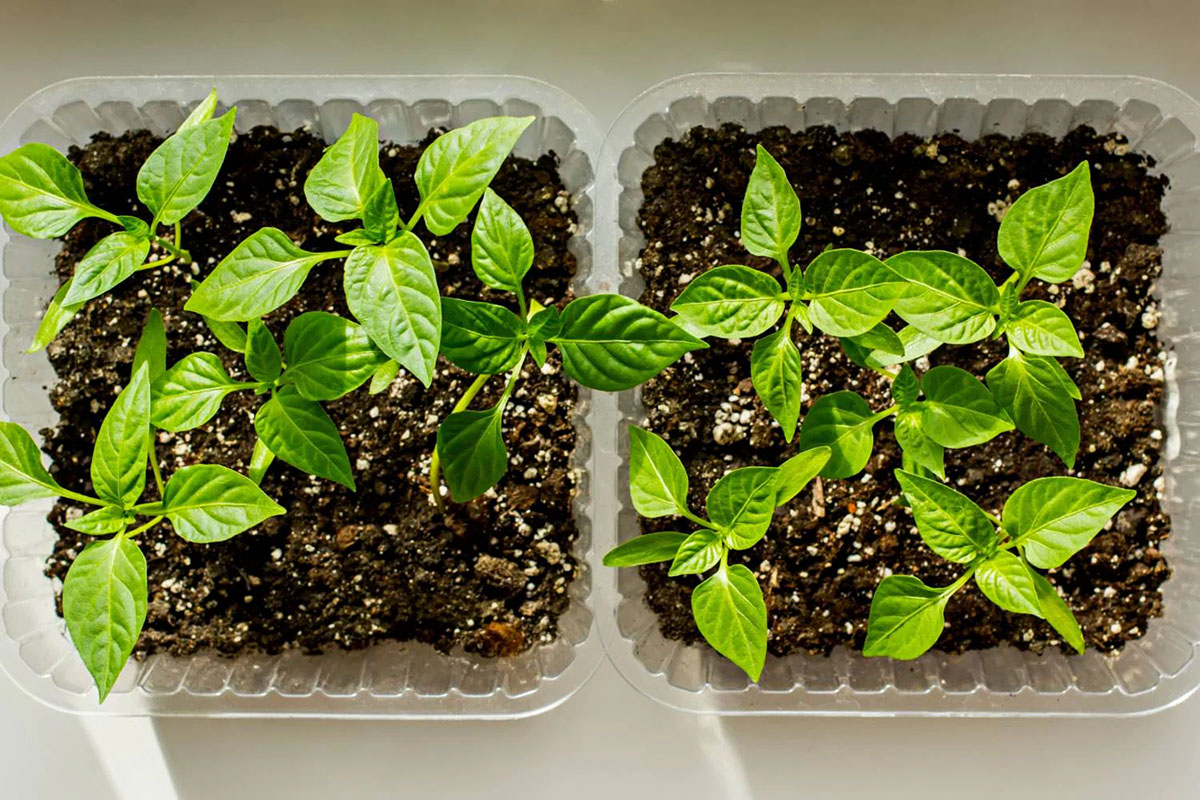

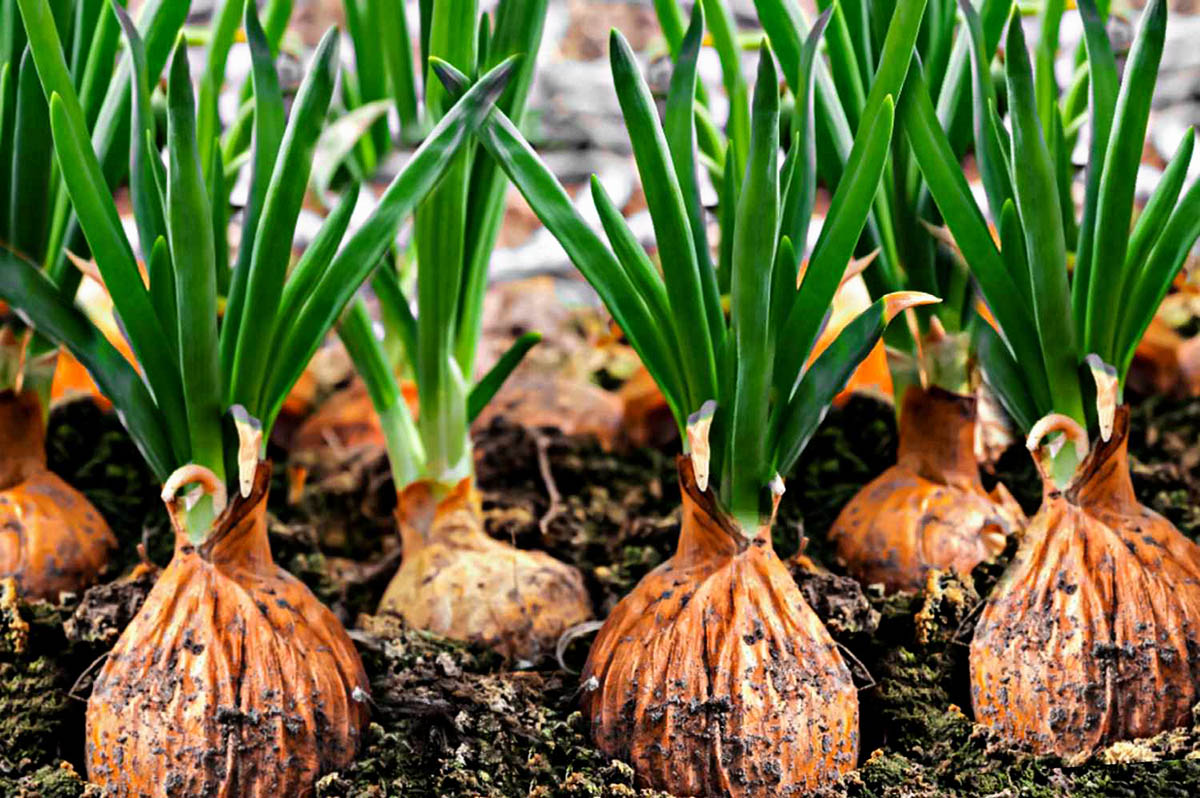
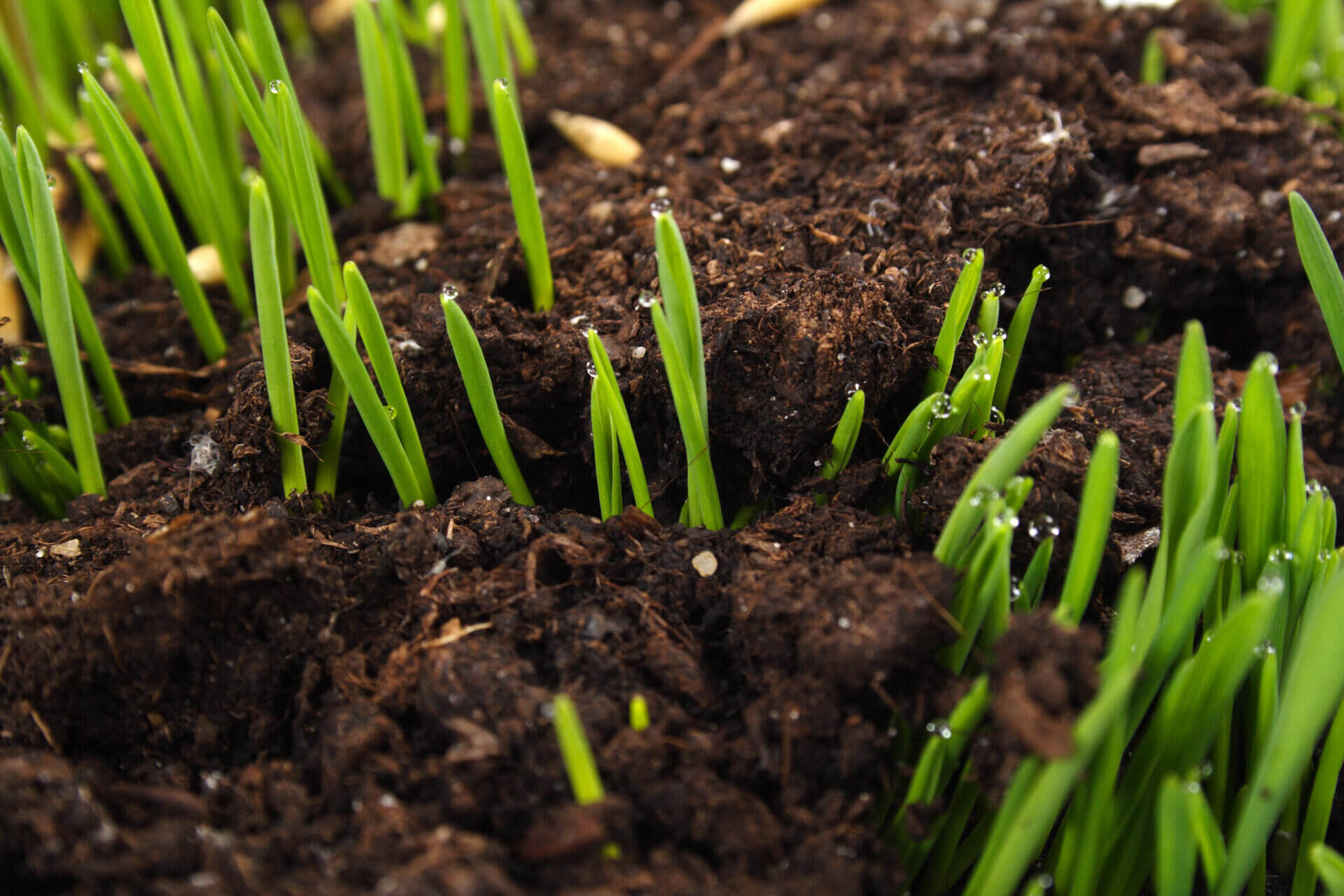
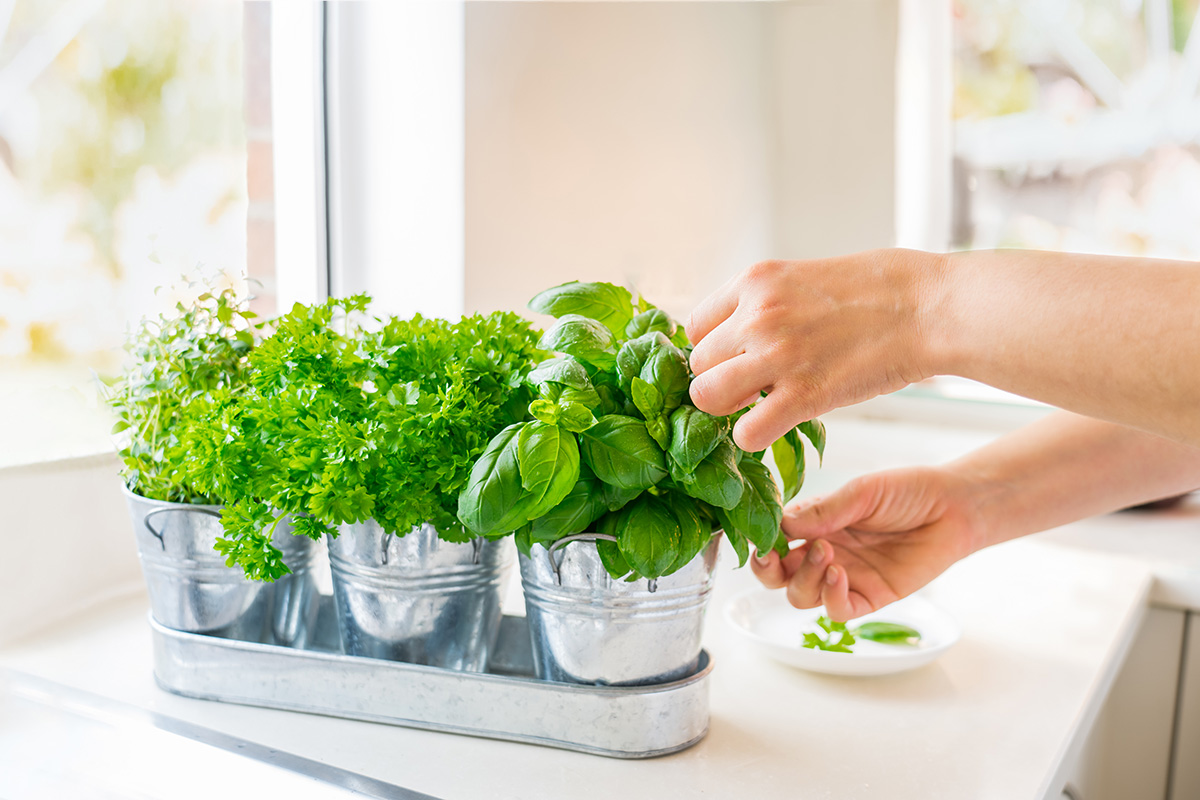
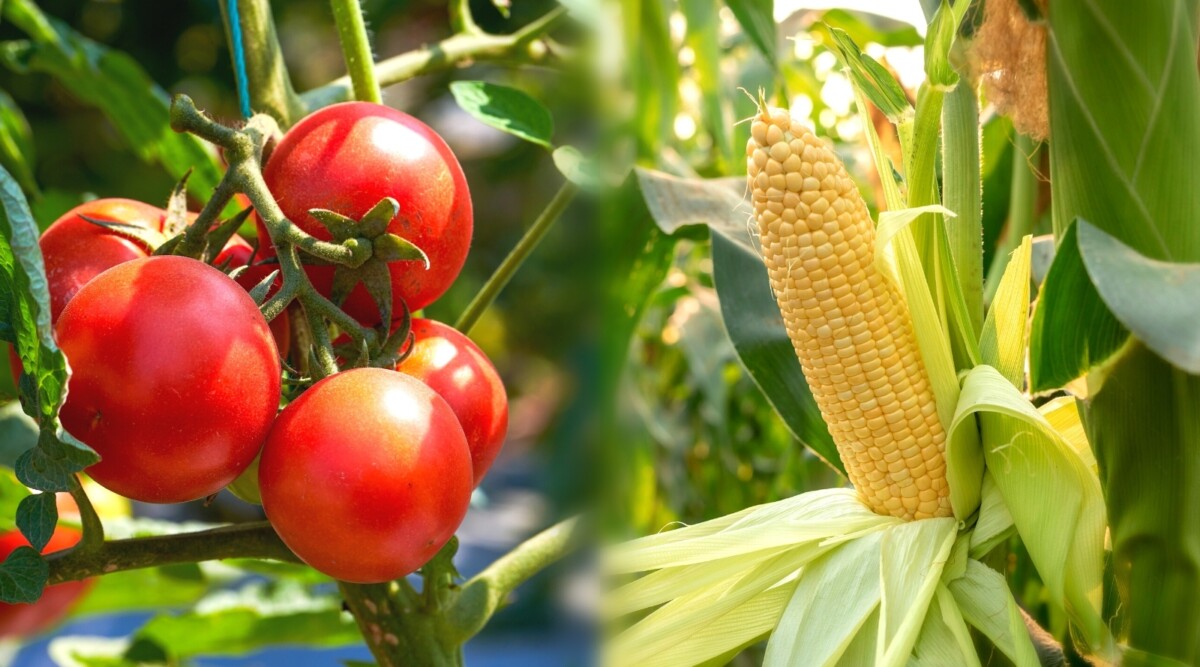
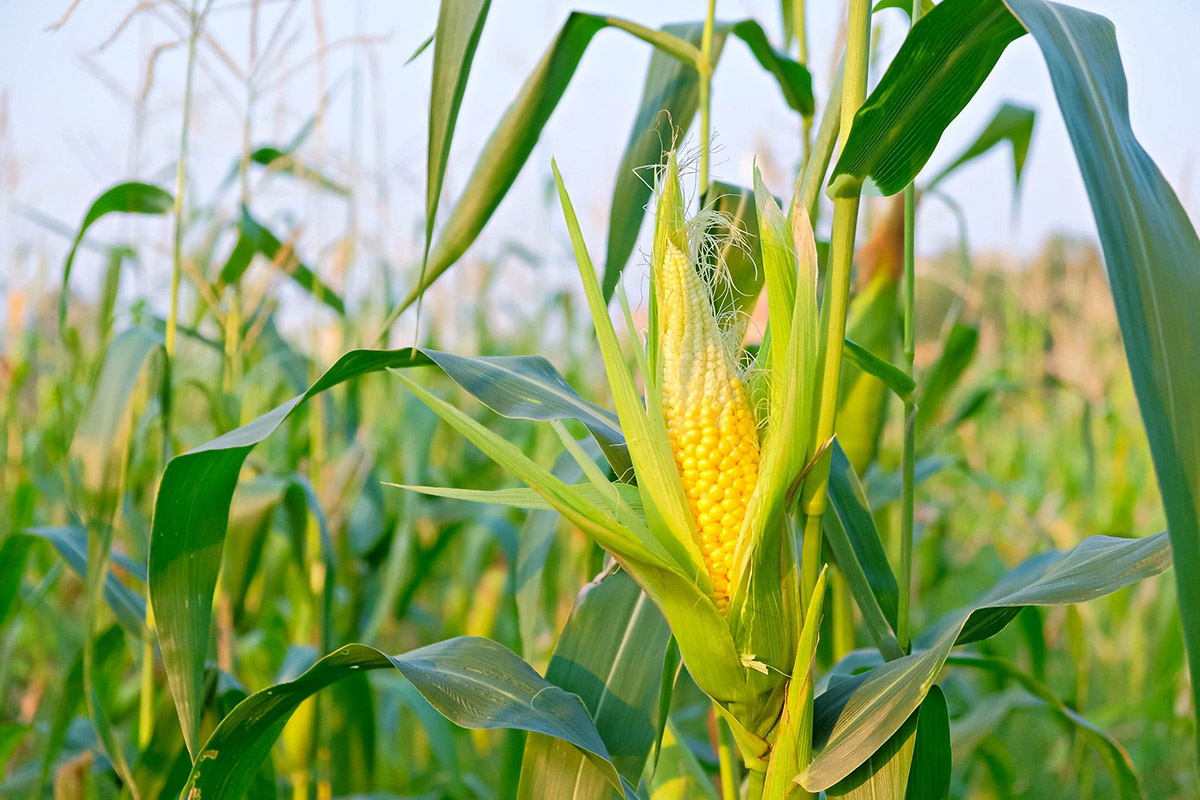

0 thoughts on “What Temperature Does Corn Germinate”